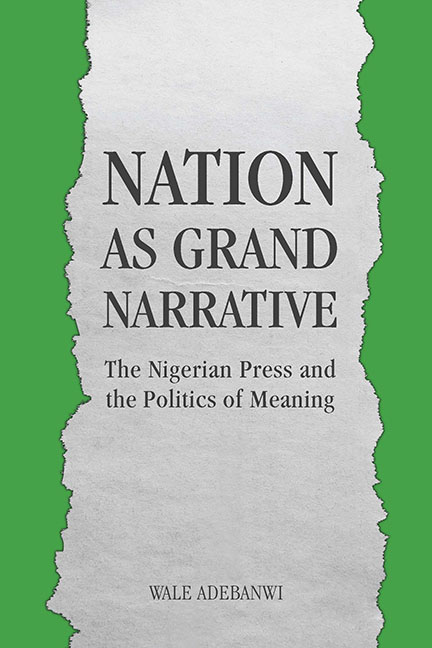Book contents
- Frontmatter
- Dedication
- Contents
- List of Illustrations
- Acknowledgments
- Part I Contextual and Conceptual Perspectives
- Part II Colonial Agency and Counterhegemonic Struggles
- Part III Inclusion, Exclusion, and Democratic Contestations
- Part VI Domination and Resistance in Majority-Minority Relations
- Conclusion: Beyond Grand Narratives
- Notes
- Bibliography
- Index
Conclusion: Beyond Grand Narratives
Published online by Cambridge University Press: 16 February 2018
- Frontmatter
- Dedication
- Contents
- List of Illustrations
- Acknowledgments
- Part I Contextual and Conceptual Perspectives
- Part II Colonial Agency and Counterhegemonic Struggles
- Part III Inclusion, Exclusion, and Democratic Contestations
- Part VI Domination and Resistance in Majority-Minority Relations
- Conclusion: Beyond Grand Narratives
- Notes
- Bibliography
- Index
Summary
Narratives make “meaningful totality” out of a myriad of events. Therefore they play a very important role in the struggle for control and full participation in whatever is constituted as a “totality”— particularly a political totality expressive in ethnic or ethno-national boundaries. In constructing a meaningful totality out of the mess of political life, narratives invite other narratives to validate or invalidate them. Therefore, no single narrative is adequate in representing the political world. As Campbell asserts, “only through the clash of competing narratives are we likely to assemble justifiable knowledge.” Indeed, although they present a more meaningful and coherent picture of the relations of domination in a particular polity, as examined in this book, the knowledge derived from clashing and competing narratives ultimately points to the illusions of grand narratives. Clashing ethno-nationalist narratives, in their attempt to provide a history of a postcolonial “nation,” in the end— to use David Scott's words—“destabilize the seeming naturalness and inevitability” of national unity while accentuating the fact that such nations are “assembled contingently and heterogeneously.”
Yet the illusory nature of grand narratives do not vitiate their capacity to authorize action or agency or to motivate people to act one way or the other. Indeed, when grand narratives are shared, they provide “cognitive lenses” through which people can view the world. This explains why people invest a lot in deconstructing grand narratives. Given that any ideological struggle is a struggle for meaning, even a grand narrative that authorizes a dominant meaning or sign cannot be invulnerable. Thus, grand narratives “can be violated and overthrown, although this is never a simple process.”
The preceding chapters examined how different groups in Nigeria drew on a set of “narrative schemata” expressive through the print media in negotiating their interests in relation to other groups within Nigeria, while seeking to simultaneously establish and violatethegrand narrative. In this negotiation, the struggle for or against domination constitutes the overriding motive force of these narratives.
Violence and the Struggle for National Consensus
In early 2015, as I completed the final chapters of this book, Nigeria had just successfully concluded general elections that had the potential to simultaneously disrupt as well stabilize federal power and theethno-regional equation or balance responsible for the continued survival of Nigeria.
- Type
- Chapter
- Information
- Nation as Grand NarrativeThe Nigerian Press and the Politics of Meaning, pp. 281 - 292Publisher: Boydell & BrewerPrint publication year: 2016

